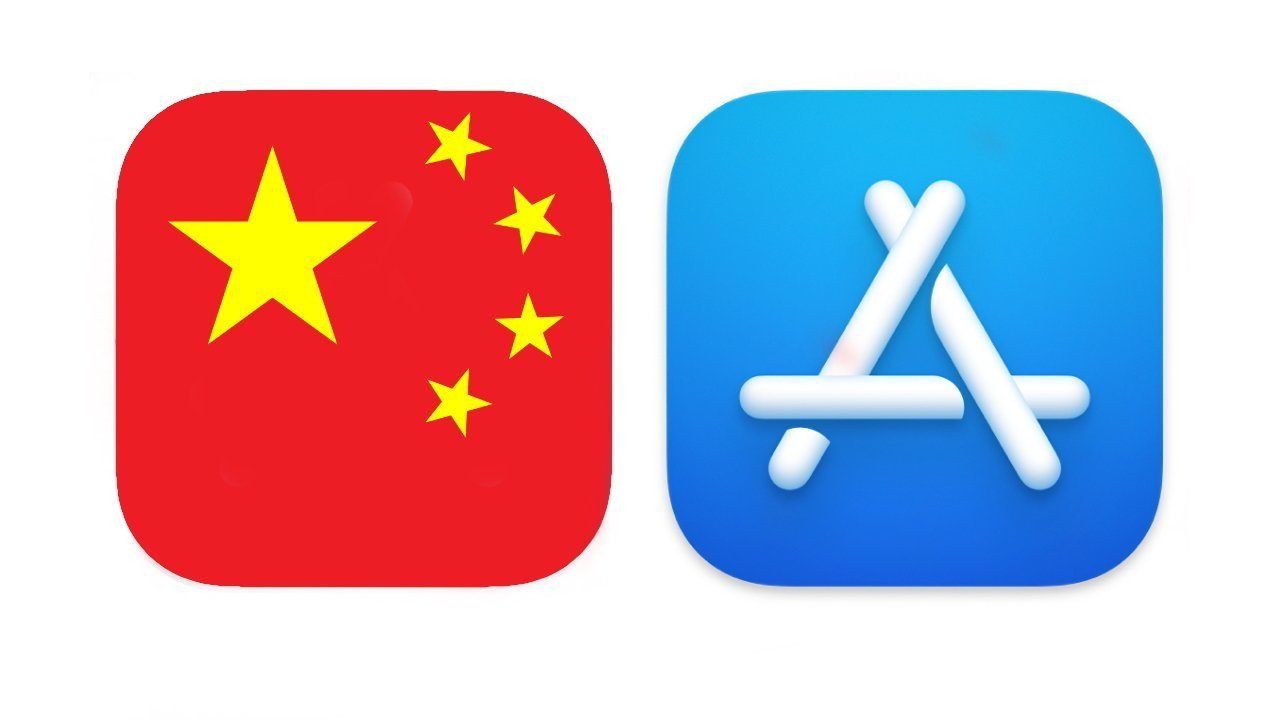
The developer of an app dropped from the App Store in China has filed a lawsuit that challenges Apple’s overall practices, as well as damages of $420,000.
Apple has consistently been bowing to pressures from China and dropping apps from the App Store in the region. In this case, it’s claimed an app called Bodyreader was pulled by Apple over reasons the developer believes are inconsistent.
According to Bloomberg Beijing’s intellectual property court has accepted a complaint from Bodyreader’s developer. The publication describes this as an Epic Games-style lawsuit on account of its scope concerning Apple’s overall practices on the App Store.
In Bodyreader’s specific case, the developer Beijing Bodyreader Technology Ltd says that Apple removed its iPhone app in 2020. Apple is said to have claimed the app, which aims to help children correct their posture, in some unspecified way engaged in “dishonest and fraudulent behaviors.”
The developer unsuccessfully appealed the decision, but then submitted an identical app under a new name. This Qilin Century app was accepted and remains available on the App Store in China.
Consequently, as well as demanding damages of approximately $417,000 from Apple and an apology, the developer is looking to have the case be broader. The accusation is that Apple is engaging in unfair monopolistic behavior.
As part of that, the Bodyreader developer is also criticizing Apple’s 30% fee. It wants the court to emulate Europe and require Apple to allow third-party app stores.
What happens next
If the scope of the case is like the Epic Games v Apple one, it’s not going to last as long. Closed-door hearings began on Thursday, November 7, 2024, and may conclude in the next few days.
The question of Apple’s 30% fee was also challenged in a 2021 lawsuit from an individual consumer, rather than a developer. That suit was won by Apple in May 2024, although Apple then asked the Chinese court to amend the phrasing of its ruling.
That request to alter the wording of an antitrust case it had already won, was an unusual move that speaks to Apple’s delicate situation with China. Apple asked for all references to it having a “dominant position” in the market to be struck, and it was presumably over fears of how the ruling would be used against it.
The new Bodyreader suit, for instance, could benefit from the original ruling in its accusation that Apple is engaged in unfair monopolistic behavior. Apple may not be an actual monopoly, but a “dominant position” could yet support such a claim.




